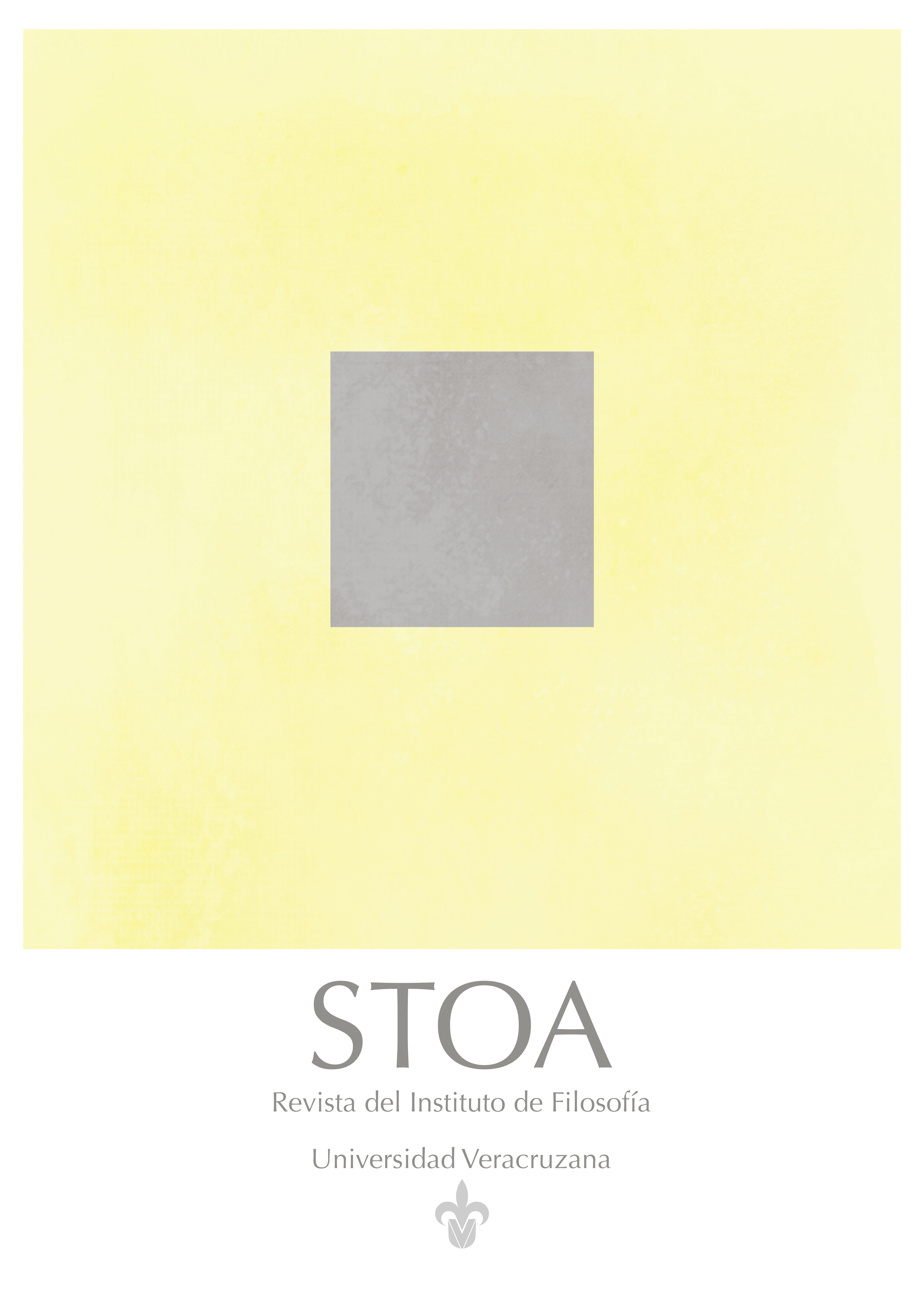Abstract
The issue of whether artificial intelligence systems could potentially develop some form of consciousness or self-awareness is a subject of ongoing debate in the fields of philosophy, cognitive science, and computer science. Some authors such as Bostrom, Chalmers, Minsky, Hassabis, and Kosinski argue that consciousness is a property of certain complex information processing systems and that under certain circumstances, they could reproduce the necessary processes to generate a type of "artificial consciousness". Others, such as Searle, Penrose, and Dreyfus, argue that it is an exclusively human phenomenon with a biological correlate and that consciousness could not emerge in a machine. However, with the disruption caused by large language models and other self-generative technologies, this dispute seems to be unable to be resolved with a categorical answer. This paper argues that certain semantic aspects of the term must be resolved first in order to be extrapolated to non-human entities.
STOA is a biannual publication edited by the Institute of Philosophy of the Universidad Veracruzana, Tuxpan, No. 29, Frac. Veracruz, C.P. 91020, Xalapa, Ver., Tel. 8154285, http://www.uv.mx/filosofia. Responsible editor: Jesús Turiso Sebastián. Exclusive Use Rights Reservation No. 04-2008-121012511200-203, granted by the Copyright Reservation Directorate of the National Institute of Copyright of the Secretariat of Public Education, ISSN: 2007-1868. Responsible for the last modification of this issue: Jesús Turiso Sebastián, Tuxpan, No. 29, Frac. Veracruz, C.P. 91020, date of last modification August 5, 2011. Distribution and digital support by the Academic Software Development Department of the Universidad Veracruzana.
The opinions expressed by the authors do not necessarily reflect the position of the editor of the publication. Reproduction by any means of the texts published in this journal may be done as long as the source is cited, including the name of the author, the name and number of the journal, and its electronic address. For more information write to revistastoa@uv.mx.
Revista Stoa is a completely free publication, with no cost for processing or receiving articles and free access.
This work is under a Creative Commons Attribution-NonCommercial-ShareAlike 4.0 International license.


